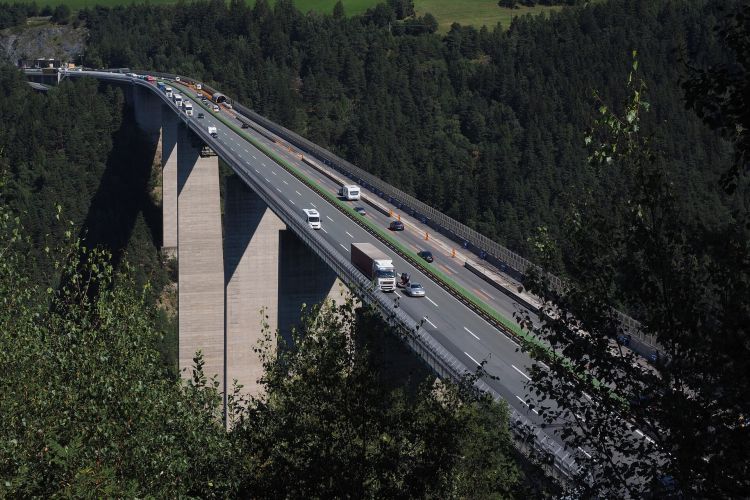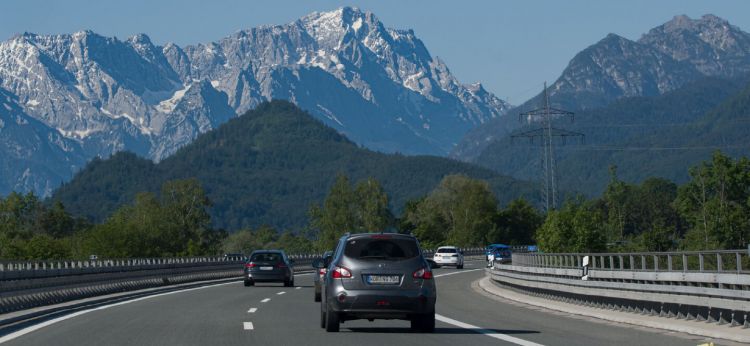Every several months, the discussion about whether or not to introduce a general speed limit on German motorways is revived. These days, the issue is once again part of the update because Volker Wissing, the German Minister of Transport, has ruled on the issue reiterating that, from his point of view, this measure is unnecessary. A position that he supports with two arguments… and one of them is electric cars.
When Olaf Scholtz and the SDP won the Bundestag elections, the famous Autobahns were on the tightrope. One of the points on their program was climate action and, among the measures they presented, there were maximum limits for German highways where there is no limit: “We will introduce speed limits of 130 km/h on the Autobahn, a measure that will protect the environment and significantly reduce the number of accidents”.
The proposal did not go further and the configuration of the German highways remains the same: there are 18,150 kilometers that do not have speed limits, although it is recommended to drive at 130 km/h. This is the maximum established in the remaining 7,640 kilometers that account for 30% of the Autobahn network. This will continue to be the case according to the declarations of the German Transport Minister.
Electric cars and the price of fuel
In an interview with Bild am Sonntag, Volker Wissing has stated that there is no need to impose a general mandatory speed limit. As we said before, he has given two arguments: the first one is the rise of electric vehicles. The manager believes that the owners of this type of car will not drive at high speeds because the battery will run out in less time than if they opted for a slower and more constant pace: “People won’t drive as fast because they want to save energy”. Concern for autonomy is the key.
On the other hand, the Minister of Transport considers a speed limit unnecessary because Rising fuel prices are already enough of a stimulus to discourage drivers from going as fast as possible: “The high numbers are already causing many people to drive slower.”
driver’s liability
Finally, Volker Wissing believes that maintaining an adequate speed on the Autobahn should continue to be a commitment of the users and not of the leaders: “It is a personal responsibility of the users, as long as you don’t endanger others. The state should stop here.”
As it is, the 130 km/h limit on much of the German motorway network will remain, for now, a recommended speed. However, the German Institute for Economics located in Cologne studied some 1.2 billion journeys carried out on 1,762 unlimited roads located in North Rhine-Westphalia, the most populated region of the country. His conclusion is that 77% of drivers travel at less than 130 km/h on the Autobahn… so a hypothetical change in the regulations would not modify the current scenario excessively.


